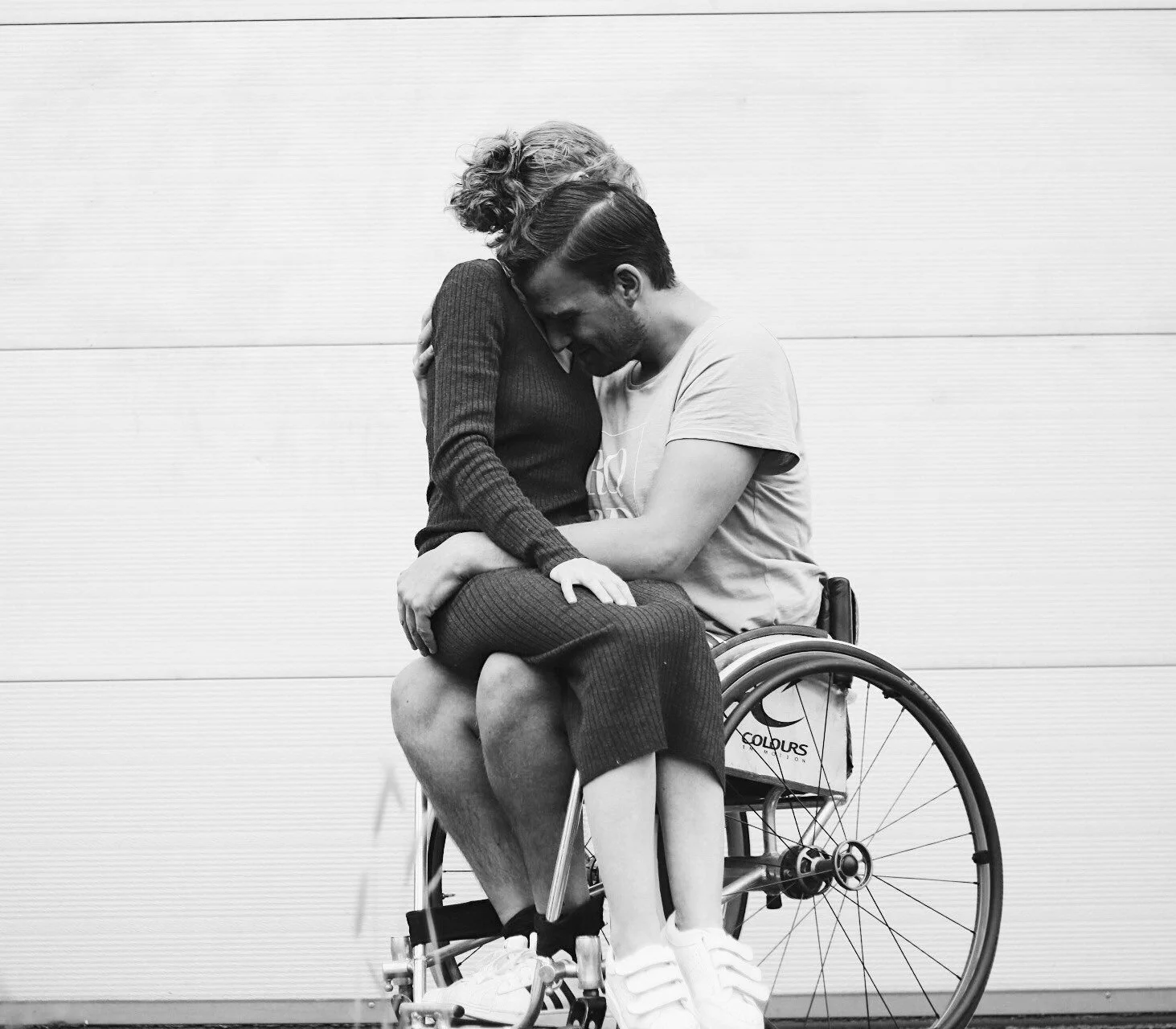Sex & Disability
Sex and disability intersect in complex ways that are often overlooked in both societal discussions and personal experiences. Individuals with disabilities face unique challenges and barriers when it comes to sexual expression and intimacy, which can stem from physical limitations, social stigmas, and a lack of accessible resources.
Physically, disabilities can impact the ways individuals experience pleasure and engage in sexual activities. Certain disabilities may limit mobility, sensation, or overall energy levels. For some, adaptive techniques or specialized equipment may be necessary to facilitate intimacy. Communication becomes a crucial element; partners need to discuss boundaries, desires, and any adjustments that may need to be made to create a fulfilling sexual experience.
Societally, misconceptions about disability often lead to the belief that individuals with disabilities are asexual or uninterested in sex. This stereotype is not only inaccurate but also harmful, as it can contribute to feelings of isolation and inadequacy. The reality is that many individuals with disabilities have rich sexual lives and desires, often requiring more open dialogue about their needs and experiences.
Emotionally, the experience of having a disability can affect self-esteem and body image. Feelings of inadequacy or anxiety about one's abilities can create barriers to open communication and vulnerability with a partner. It’s essential for individuals to address these feelings and discuss them with their partner to foster understanding and support.
Relationally, partners may have their own challenges navigating intimacy within the context of a disability. Communication becomes crucial; partners must talk about desires, boundaries, and adjustments needed to enhance their sexual relationship. This collaboration can lead to discovering new forms of intimacy and deepening emotional connections.
Overall, while a disability can present challenges to one's sex life, it does not have to define it. With open communication, creativity, and understanding, individuals and their partners can find fulfilling ways to connect intimately, adapting to the unique circumstances they face.
Certain sexual activities have become challenging or uncomfortable due to my disability
My disability causes me to struggle with body image issues, self-esteem, and feelings of inadequacy
I want to develop ways to better communicate my sexual needs and desires with my sexual partner(s)
I or my partner has a disability, and we struggle to overcome certain challenges in the bedroom
My disability has made it difficult for me to develop intimate relationships
I want to navigate the impact my disability has had on my sexual function or desire
I wish to seek assistance in exploring my sexuality and find ways to experience pleasure and intimacy that respect my unique needs and circumstances.
Social stigma has caused me to believe I am not worthy of having a sex life
I feel I am unable to enjoy pleasure due to my disability. (THIS IS NOT TRUE)
Do any of these sound familiar?
Consider booking a session
As your coach I will work with you in ways to collaboratively establish specific, achievable objectives to work towards in your relationship or sex life. This may involve practical strategies, such as improving communication skills, enhancing emotional intimacy, or exploring sexual desires in a healthy context

